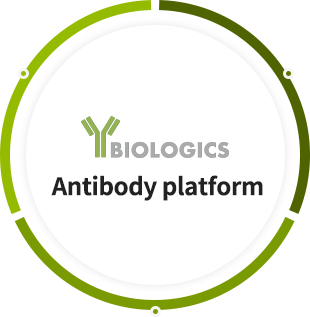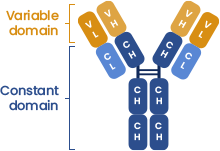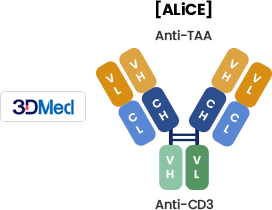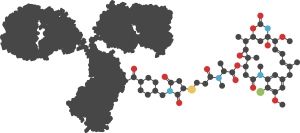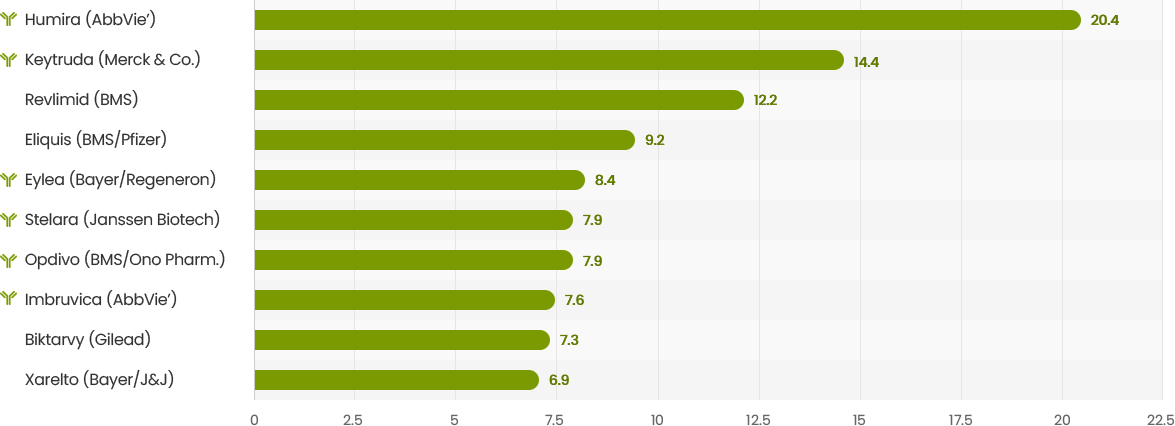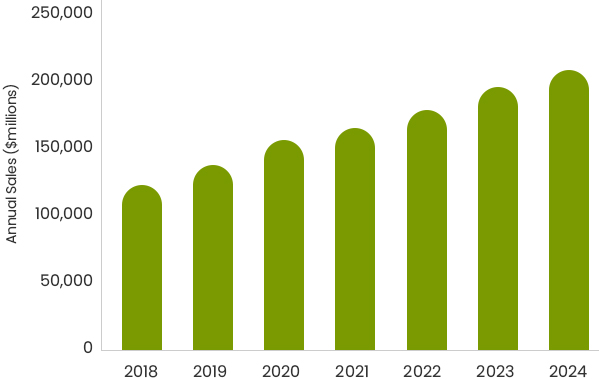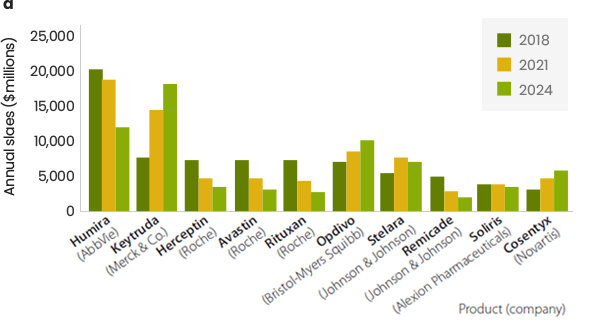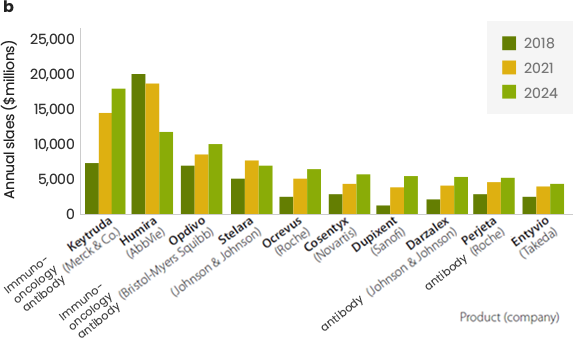What are antibodies?
Antibodies are proteins produced by the immune system to protect the body against foreign matter, such as harmful viruses, bacteria, proteins, and toxins, that may invade the body. They circulate through the bloodstream binding antigens to render them harmless.
Antibodies are Y-shaped proteins with one longer chain (the heavy chain) and one shorter chain (the light chain) forming one axis of the basic Y-shaped structure and the same heavy and light chains bound symmetrically to form the other axis. At the top of the Y shaped structure lies the region that binds specifically to an antigen.
Numerous variations of antibodies can be created through the genetic rearrangement of DNA and differential combinations of structural components, creating an extensive collection of antibodies circulating the body, capable of recognizing countless antigens. Antibodies can bind specifically to their target antigens, neutralizing them, and subsequently activate immune cells for their removal.
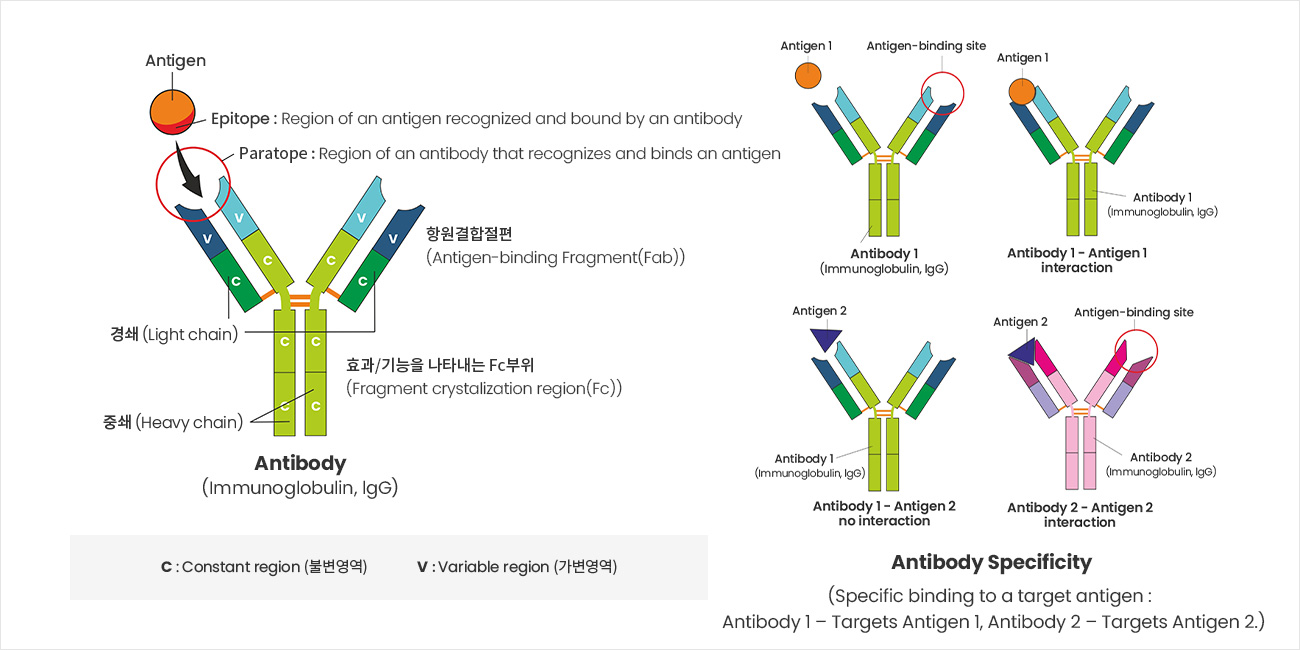
Y-Biologics, an Antibody Platform Developer
6 out of the 10 highest-selling pharmaceuticals in the world are antibody therapeutics.
Antibody therapeutics are recombinant biopharmaceuticals produced by culturing an antibody designed to treat a disease by specifically binding to disease-causing cells or proteins that induce changes in the proteins in the body, such as in the case with cancer and autoimmune diseases. Animal cells are cultured to produce antibodies to minimize side effects.
The antibody drug market is projected to grow at a CAGR of 12% and reach USD 300 billion in size by 2025.
Immuno-oncology therapeutics set to drive the growth of the pharmaceutical market
The evolution of anticancer agents has progressed from first-generation chemotherapy, to second-generation targeted therapies, and third-generation immuno-oncology therapeutics.
Immuno-oncology agents, the most recently developed third-generation anticancer drugs, inhibit immune escape and immune tolerance of cancer cells and induce the immune system to attack the cancer cells. They are currently in the spotlight for their greater efficacy and reduced toxicity (less side effects) in comparison to chemotherapy or targeted therapies.

